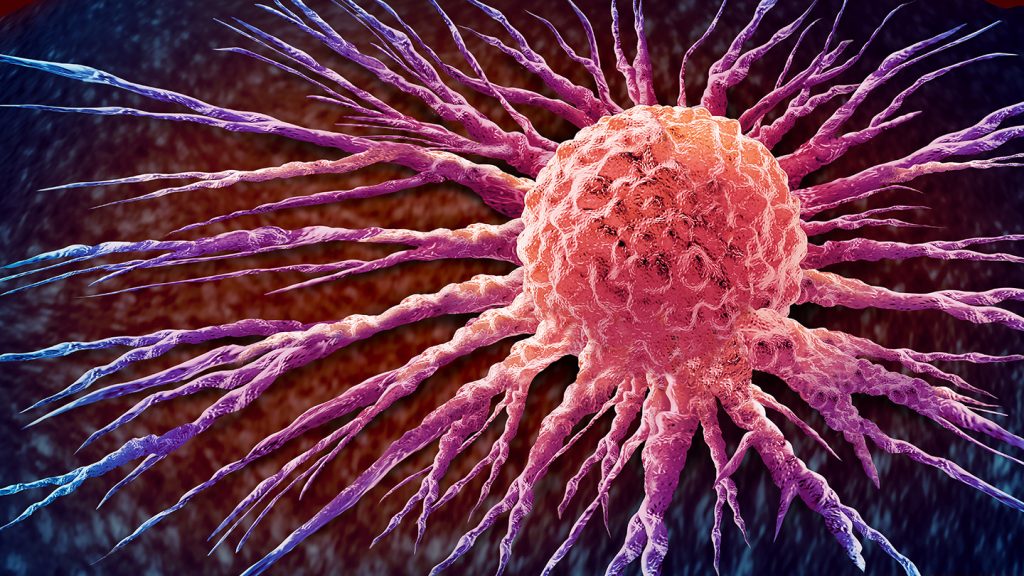Researchers have discovered that a gene called PCSK9 plays a role in determining whether breast cancer will spread to other parts of the body. A specific variant of this gene has been linked to the metastasis of breast cancer. A study in Sweden found that individuals who inherited two copies of this variant had a significantly higher risk of developing metastasis within 15 years compared to those who inherited one or no copies of the variant. Further analyses also showed that breast cancer patients with two copies of the variant had lower survival rates.
The PCSK9 variant associated with cancer spread is prevalent among people of European, African, and Asian descent. Nearly 70 percent of individuals of European or African descent have two copies of the variant, while almost all Asians, particularly East Asians, carry two copies as well. The variant is also common in South America. PCSK9 was initially known for its role in raising cholesterol levels, but further investigation revealed its involvement in cancer metastasis. When researchers tried to lower cholesterol in mice with statin drugs, it did not prevent cancer spread, indicating a different mechanism of action for the variant.
Experiments in mice demonstrated that the pathogenic version of the PCSK9 protein interacts with another protein to remove a brake on genes responsible for promoting cancer spread. By targeting this interaction, researchers discovered that an antibody approved for treating high cholesterol could prevent PCSK9 from removing the brake, leading to a reduction in breast cancer metastasis. While this treatment is not a cure, it shows promise for decreasing the spread of cancer.
The use of the antibody, particularly in individuals with two copies of the PCSK9 variant, could potentially improve outcomes. Administering the antibody earlier, even before cancer develops, may be more effective in preventing metastasis. Clinical trials are needed to evaluate the antibody’s efficacy in preventing cancer spread and enhancing the survival of patients with metastatic breast cancer. This groundbreaking discovery offers hope for new treatment approaches and highlights the significance of genetic factors in cancer progression.


